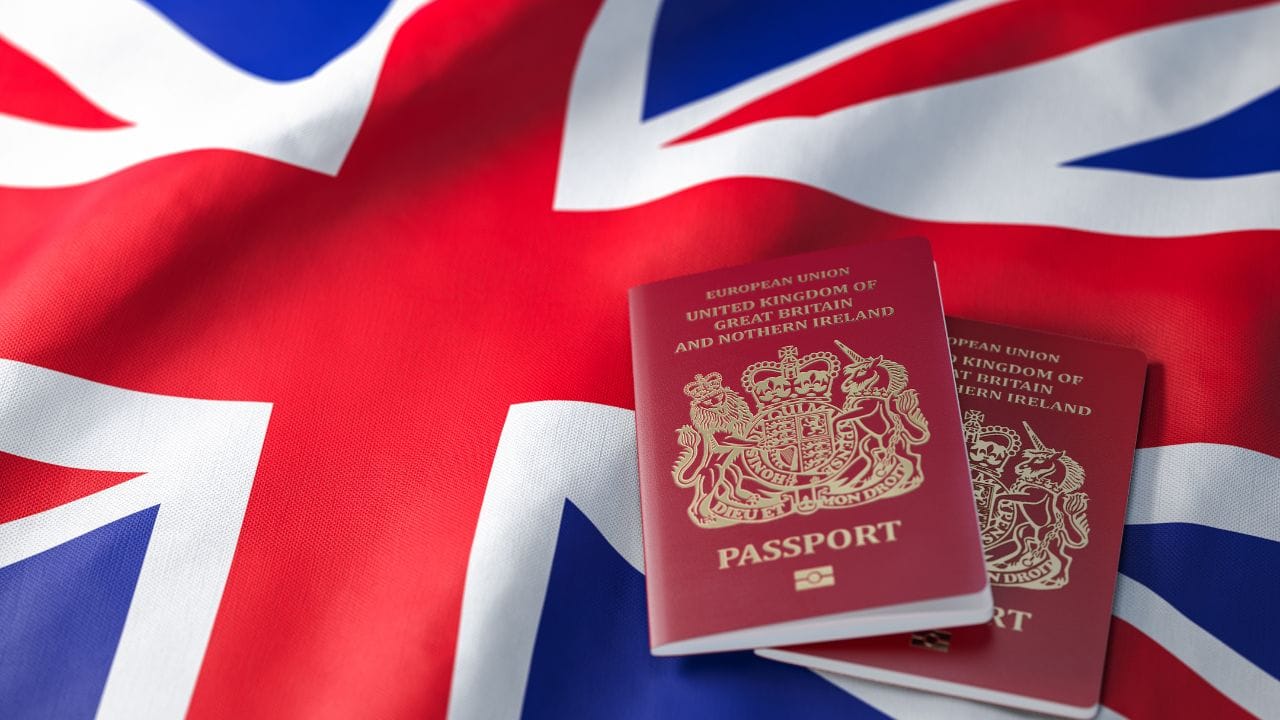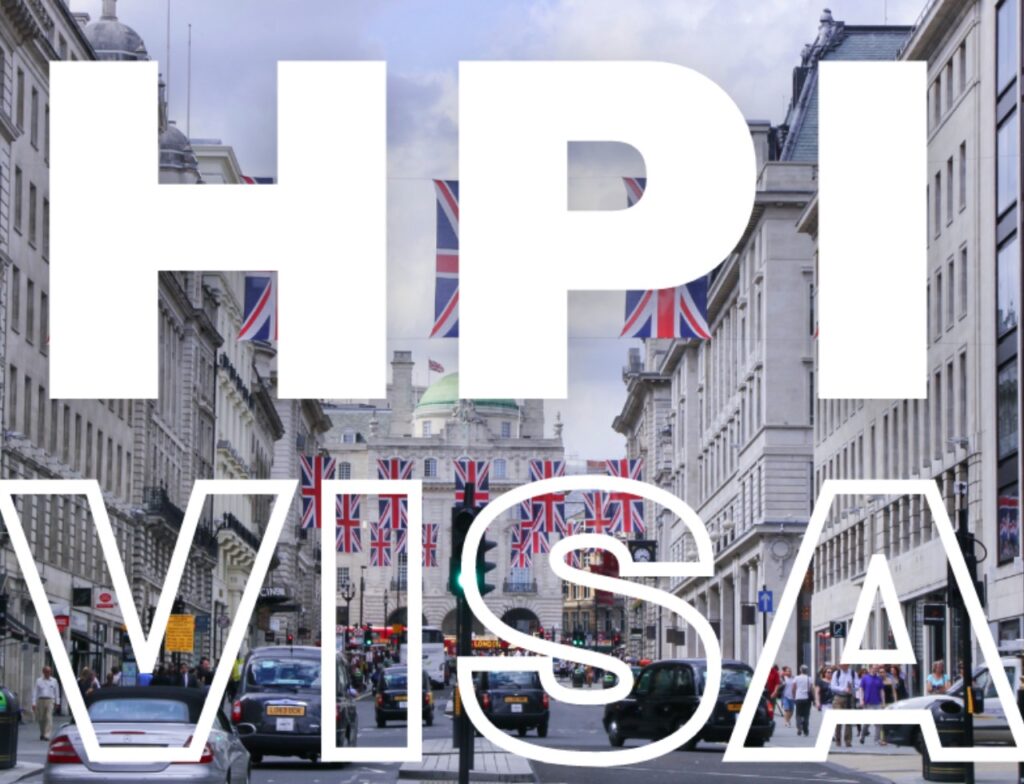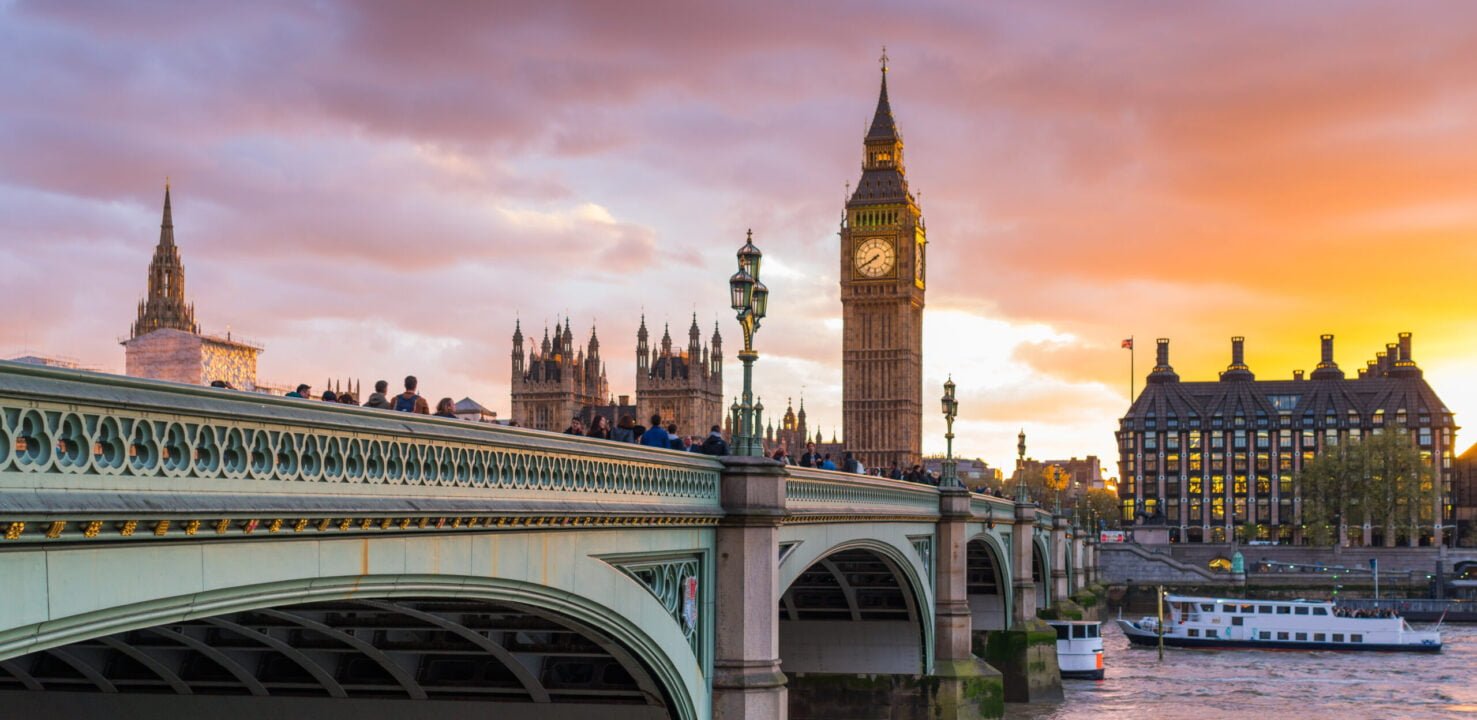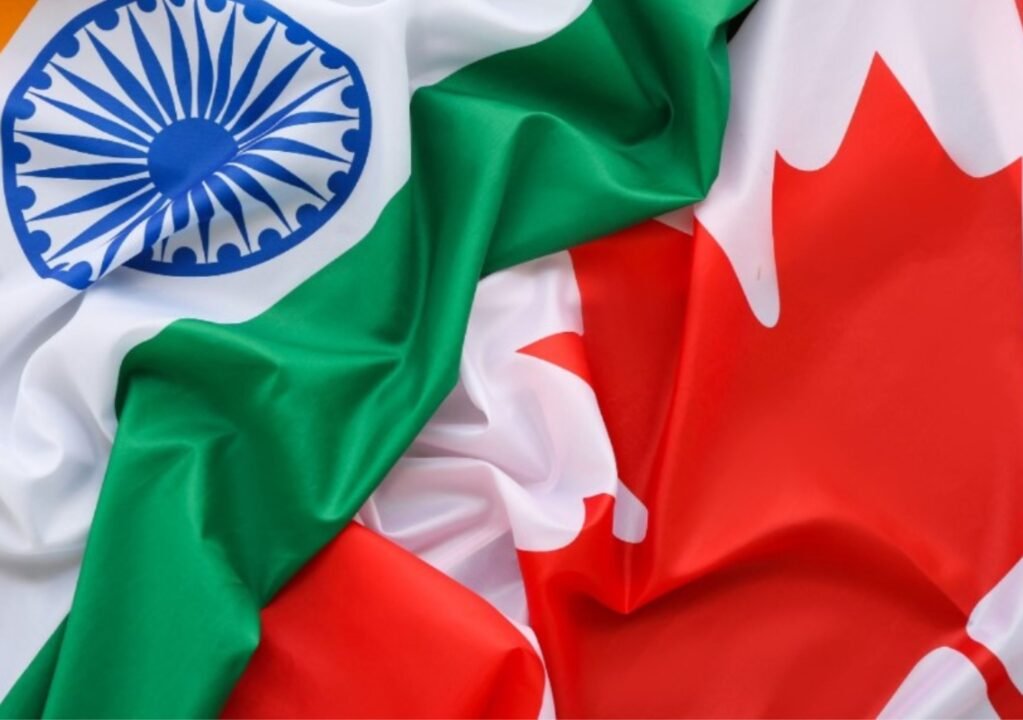UK Visa Ban on Indians Under Proposals by Likely Rishi Sunak Successor Robert Jenrick Amid the intensifying immigration debate in the United Kingdom, one of the frontrunners to replace Rishi Sunak as the Conservative Party leader has proposed a UK visa ban on Indians. He has urged radical measures targeting countries which don’t cooperate in repatriating their illegal migrants. India is particularly mentioned among the countries that would be subject to extreme curbs on visa issuance unless it agrees immediately to repatriate its nationals living illegally in the UK.
Robert Jenrick's proposal: UK visa ban for Indians?
Jenrick’s immigration policy is crystal clear: the UK must “play hardball” with countries that don’t help in the repatriation process of the deported citizens living illegally within the UK. While campaigning, Jenrick candidly said that a “UK visa ban for Indians” and other countries, including Vietnam, could well be on the cards if these countries do not agree to implement return agreements.
For instance, it has issued as many as 250,000 visas to Indians coming for work, study, and tourism and yet has up to 100,000 Indian nationals illegally staying within its territories. The UK signed an unsigned Memorandum of Understanding (MoU) in 2021 between the UK and India to relieve illegal residents in the UK. Jenrick pointed out that removals have not budged above hundreds, with Indians deported being only 3,439 in 2023.
This is the area where Jenrick’s plan seems to bring change, using restrictions on visas as an instrument that could enforce compliance. He assures that the denial of visas would drastically increase deportations, so that more than 100,000 illegal migrants would be removed annually.
Implications of Jenrick's Immigration Policy on UK-India Relations
An immigration policy adopted by Jenrick could have far-reaching consequences in UK-India relations. Results of the imposition of a UK visa ban on Indians would determine whether later might be limited in their new student exchanges or professional work placements, and even tourism. Indian nationals account for a large population of overseas workers and students in the UK, and any form of restrictions would probably affect the economies as well as cultural ties between these two countries.
Apart from India, Vietnam, Iraq, Somalia, and Afghanistan are not doing their share concerning cooperation with the repatriation of their illegal migrants. He suggested introducing drastic visa restrictions and cuts in foreign aid to these countries until they yield to the demands of the UK for repatriation.
Robert Jenrick's Deeper Immigration Agenda
Jenrick’s immigration policy for the UK is even more extensive than a mere ban on visa issuing for Indians. He is aiming for legislation to declare countries like Vietnam, Turkey, and Brazil “safe countries.” This would indeed expedite the return of illegal migrants from the UK to those countries, just like it is already possible with Albania.
He also liked the removal of Britain from ECHR to facilitate deportation. In his opinion, most of the alien criminals—11,800 already staying here after being discharged from the prisons—are causing greater financial burdens on the taxpayers of the United Kingdom. His vision is for the swift deportation to become an element of the legal framework he has in view, who will assume criminal responsibility on behalf of those companies employing illegal immigrants whose country of origin is safe and even those who have made this their home.
Implications of the hard-line immigration stance for the Conservative Leadership Race
Robert Jenrick’s tough position on immigration has already raised a storm in the Tory Party, where immigration is one of the most emotive issues. His stance on immigration has moved many party men who are now demanding that illegal migration be curbed with a harder stance. Jenrick has emerged as one of the top contenders for the Conservative leadership race after he also won two parliamentary hustings.
Notable, however, is that the current Labour-led government, according to officials from the Home Office, has not planned visa restrictions with any country, including India.
Conclusion: What's Next for UK-India Immigration Relations?
The future of UK-India immigration relations will largely depend on whether Jenrick or another hardliner ascends to the leadership of the Conservative Party. Should his proposal for a UK visa ban for Indians take effect, it would likely strain the growing relationship between the two countries. With an increasing number of Indians now looking for opportunities in the UK, this policy could have a chilling effect on migration trends.
Meanwhile, while Jenrick’s five-point plan fights illegal immigration, it still rings as a reminder of how immigration continues to shape the UK’s political landscape. As the leadership contest unfolds, the fate of thousands of Indian nationals, like others, hangs in the balance.





